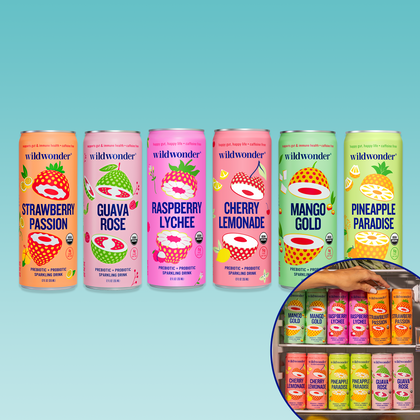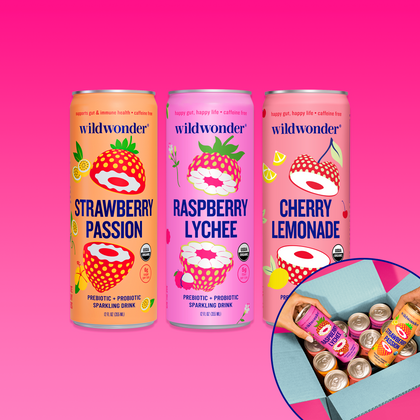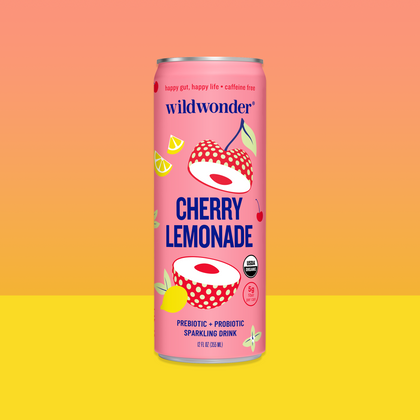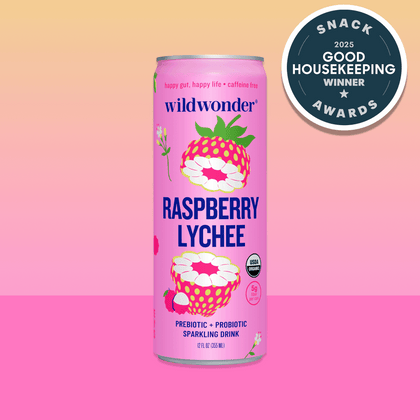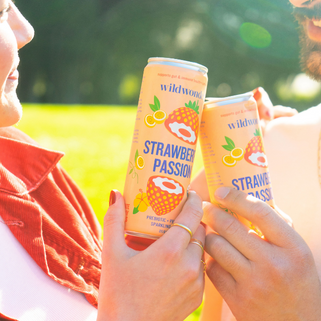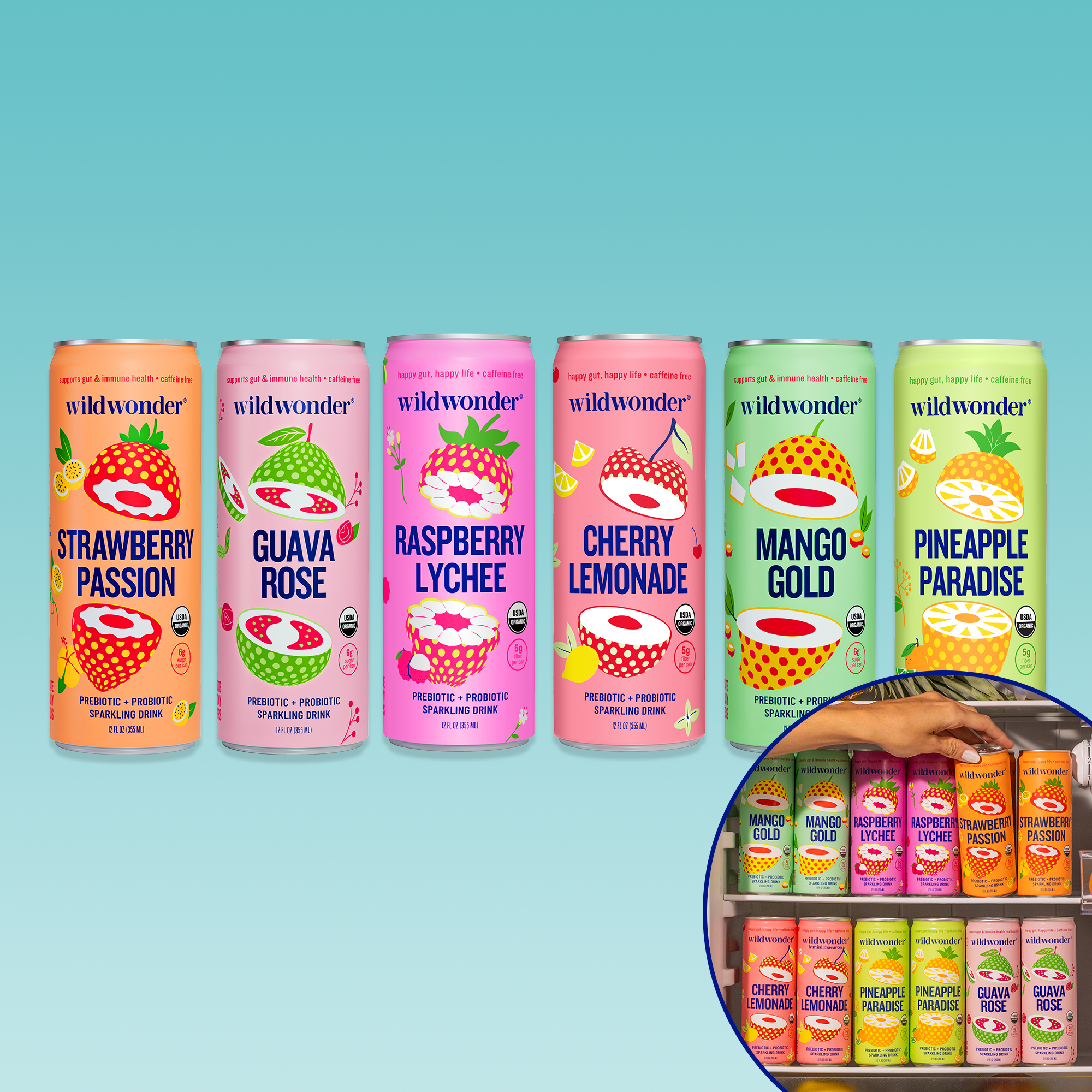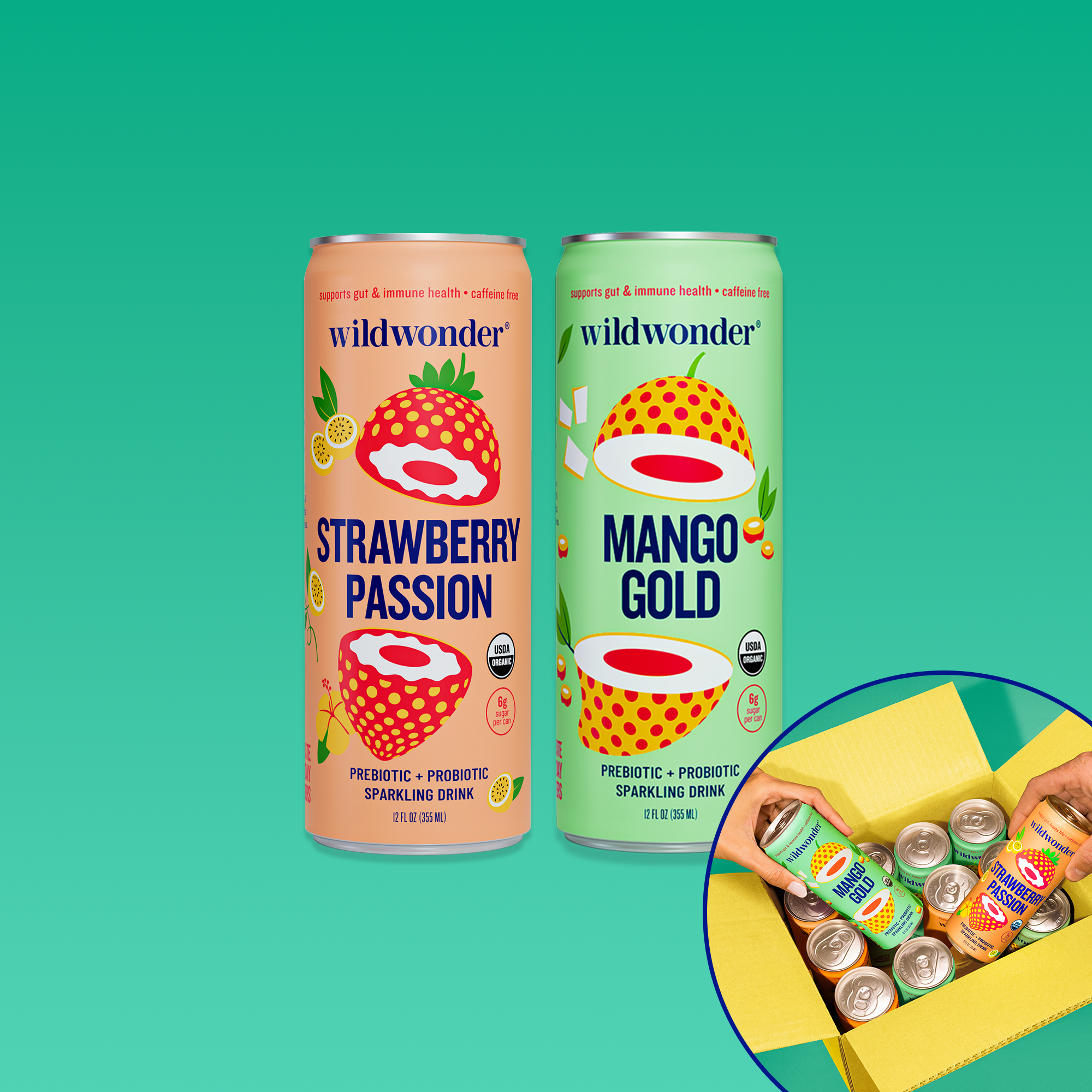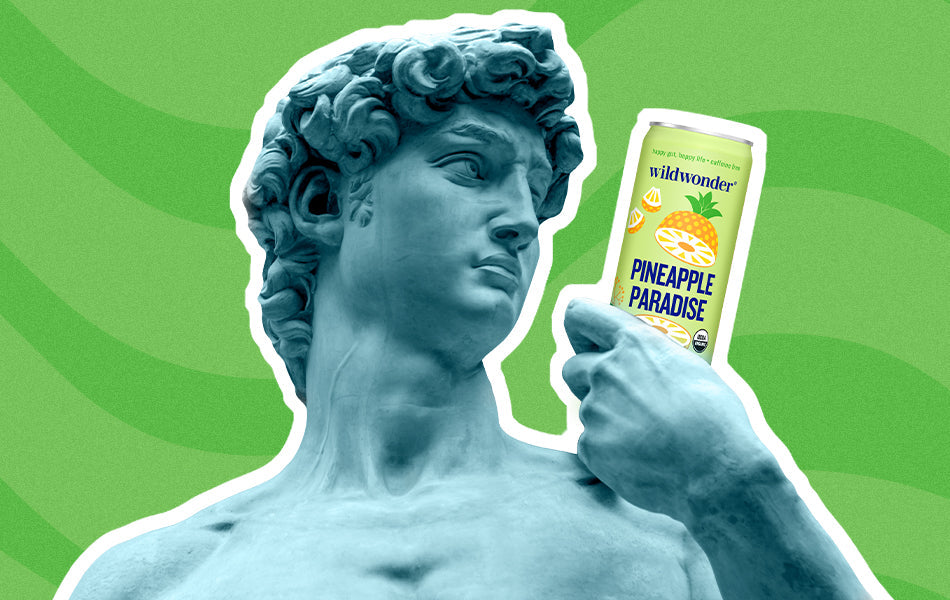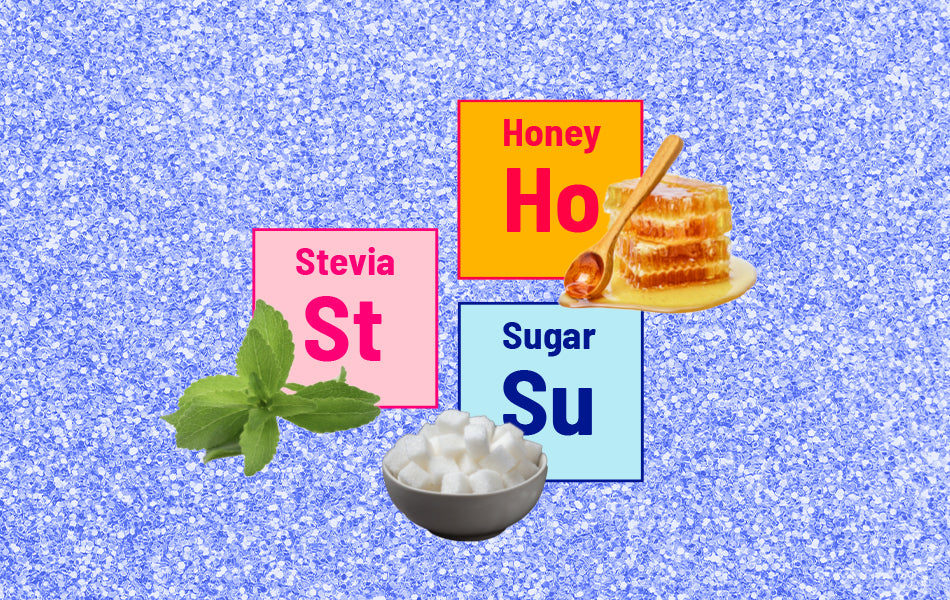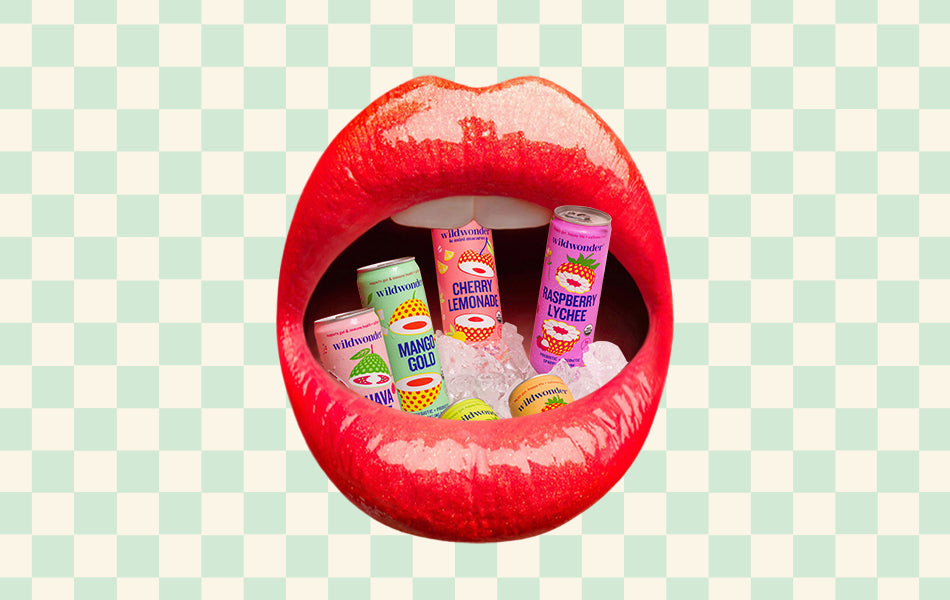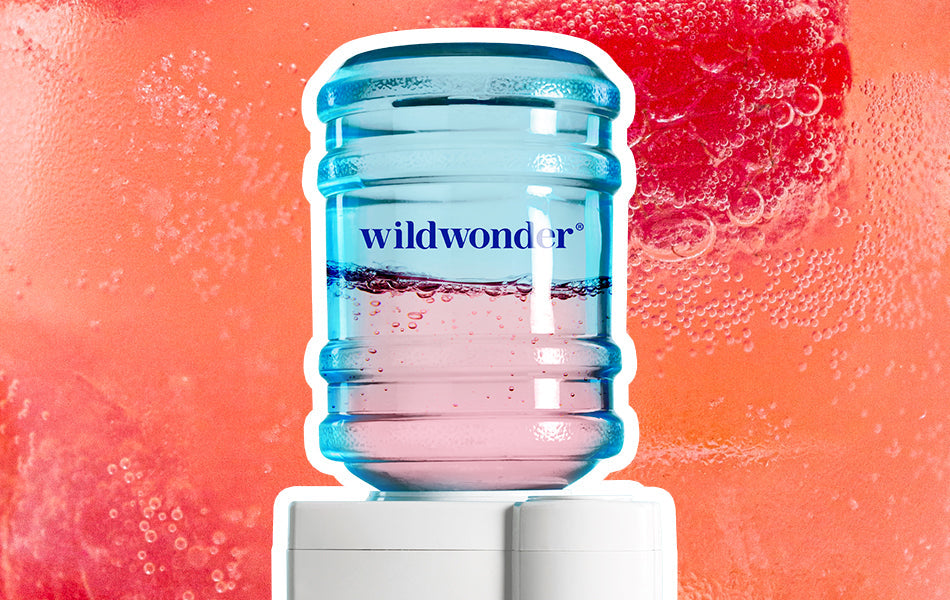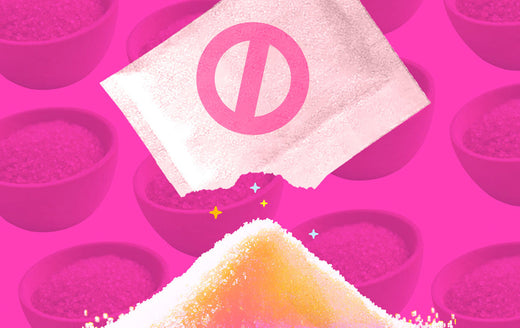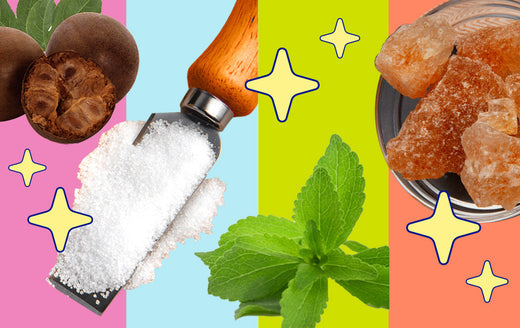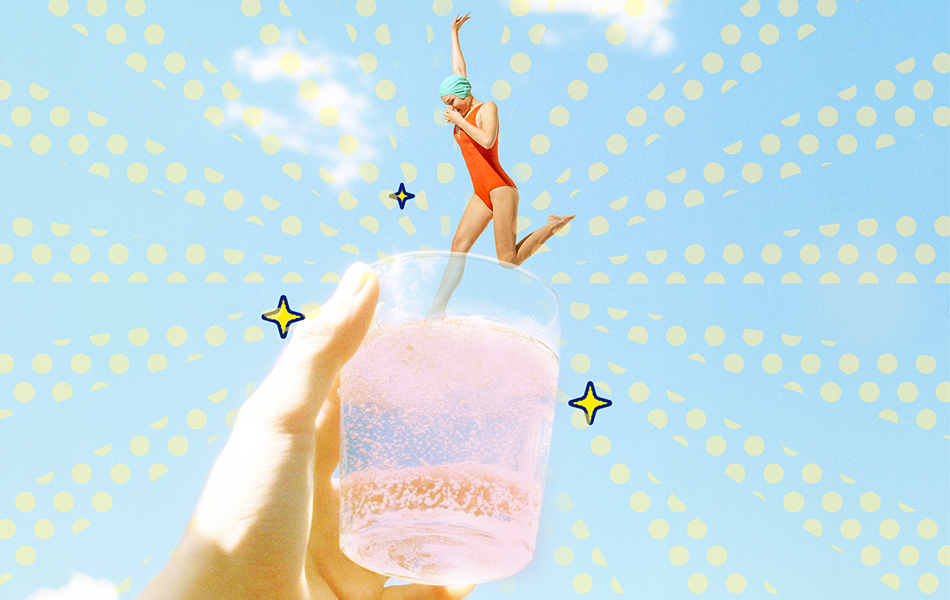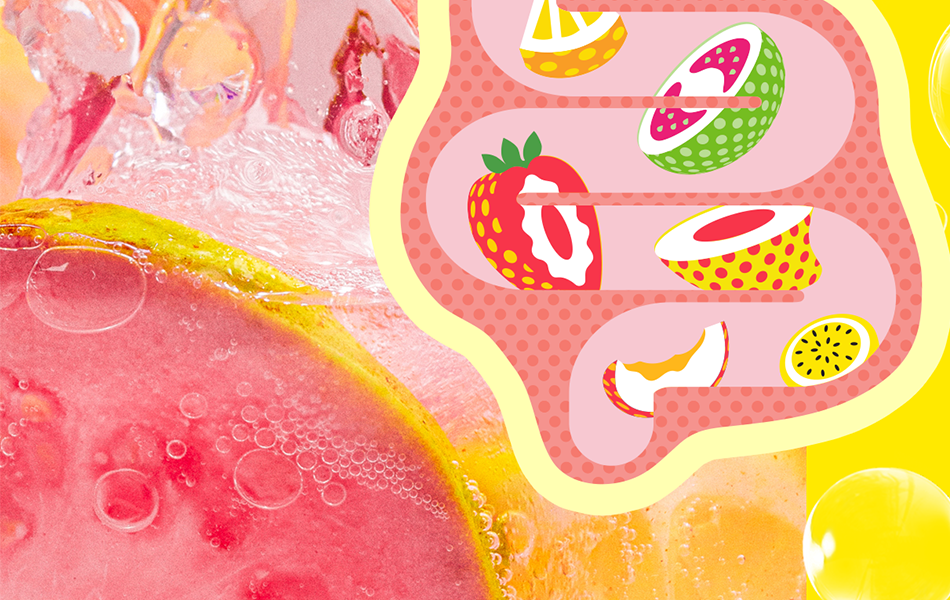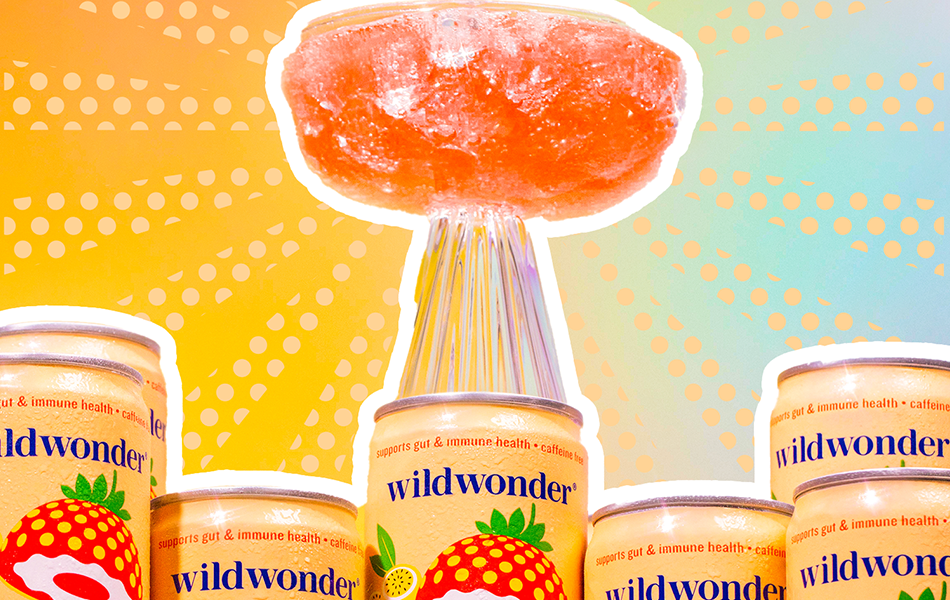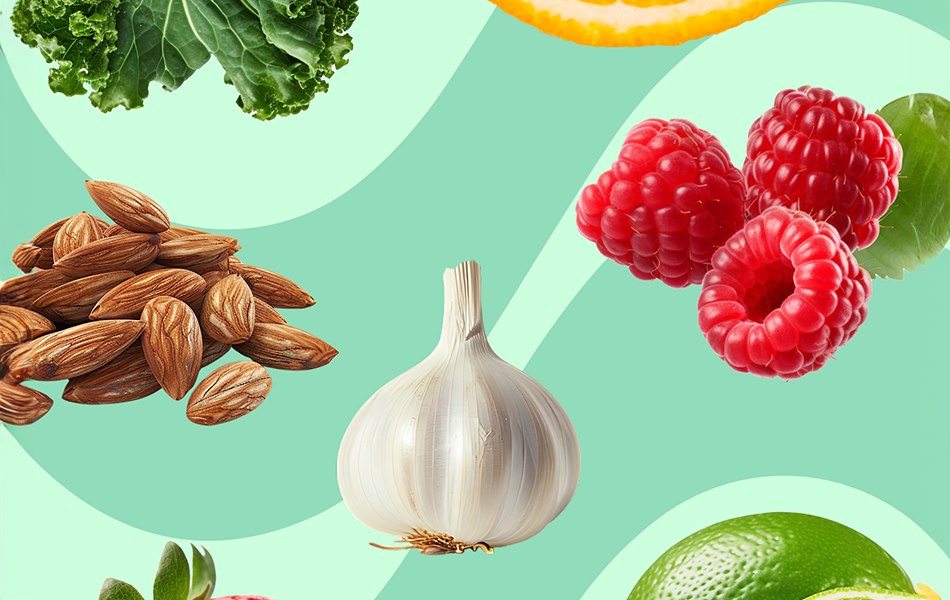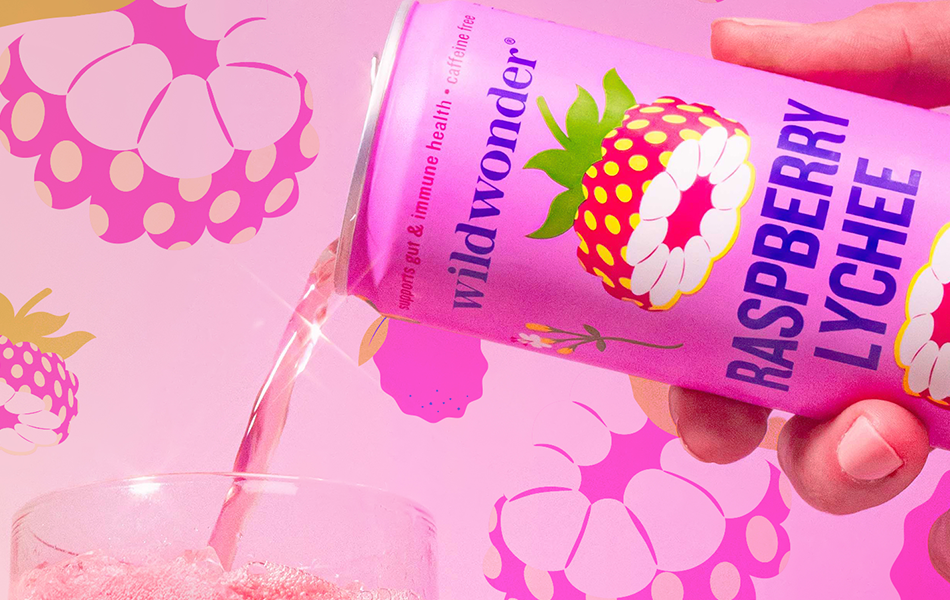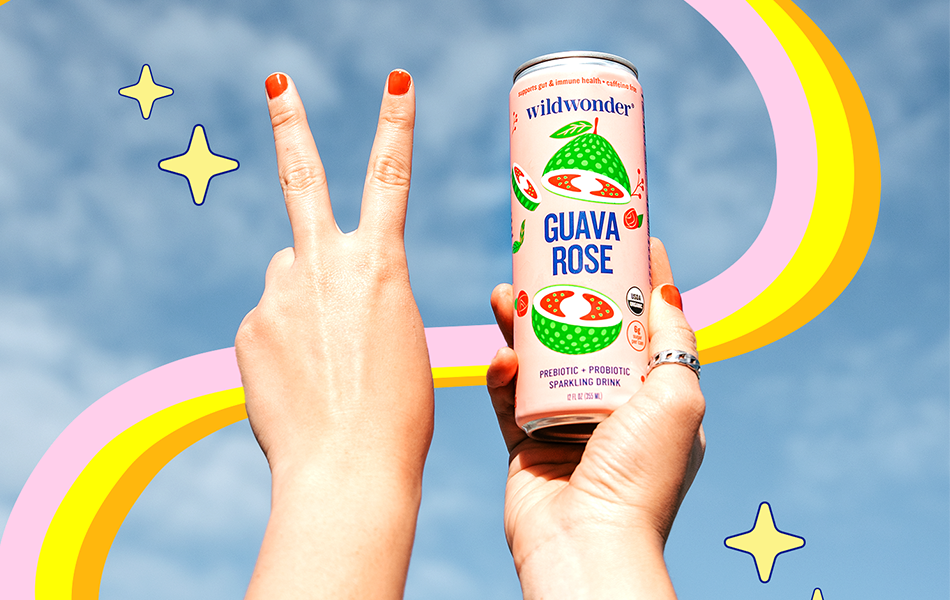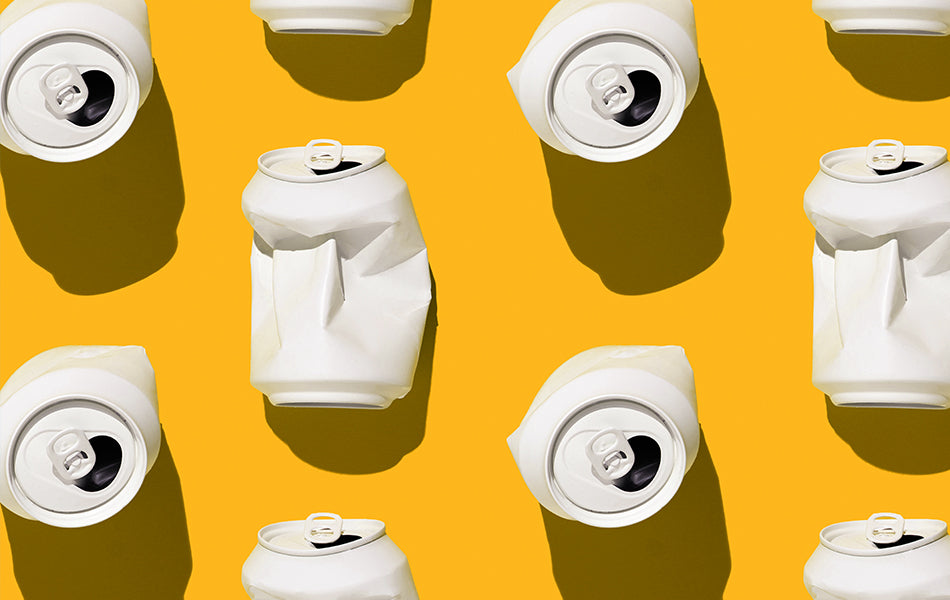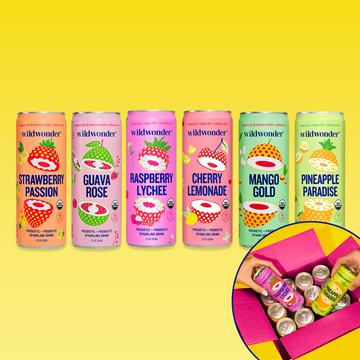The world is divided on many fronts—cats or dogs, beach or mountains—but one debate that’s particularly significant for health-conscious individuals is the beer vs soda debate. While both are indulgences many enjoy, each carries its own health risks and benefits. This blog post dives into the heart of this debate, providing insight into which might pose a bigger health risk. We’ll explore the composition of both, their nutritional values, and their impact on our bodies to help you make informed choices.
Understanding Soda and Beer
To truly understand the health risks associated with soda and beer, we need to start with what they're made of.
Composition and Caloric Content
Soda is a type of soft drink made primarily of carbonated water, a sugar source (like corn syrup or table sugar) or artificial sweeteners, and flavorings. These ingredients contribute to its high caloric content. When consumed in the same quantity, both soda and beer have comparable caloric content, making it important to consider other nutritional factors. For instance, a can of soda often contains around 140 calories, largely empty calories derived from sugar. There are newer soda alternatives on the market that are lower in sugar and free from artificial ingredients, but for the purpose of this blog post, when we refer to “soda”, we are talking about the traditional options made with copious amounts of sugar, zero fiber, and ingredients like artificial colorings.
Beer, on the other hand, is an alcoholic beverage produced by fermenting cereal grains. Its caloric content varies based on the type, with a standard serving containing approximately 150 calories. However, unlike soda, beer provides some nutritional value through its raw ingredients like malt and hops.
Health Impact of Regular Consumption
Regular consumption of either beverage can significantly affect your health. Soda's high sugar content can lead to weight gain, increased blood sugar levels, and various metabolic issues. The term "beer belly" is associated with beer consumption, but it’s crucial to note that excess calories, not just beer, contribute to this condition.
Comparatively, beer's alcohol content also poses health challenges. Alcohol can impair liver function, contribute to addiction, and affect mental health, especially when consumed in large amounts.
Role in Disease Prevention and Health Problems
While neither soda nor beer plays a significant role in disease prevention, their regular consumption is linked to various health problems. One critical insulin resistance point is the high glycemic index of soda, which can significantly reduce insulin sensitivity over time. Drinking excessive soda is related to obesity, diabetes, and heart disease. Meanwhile, frequent beer consumption can increase the risk of liver disease, certain cancers, and cardiovascular issues.
Sugar and Sweeteners: Analysis of Soda
When discussing soda, one cannot overlook its sugar and sweetener components.
Sugar Content and Alternatives
Soda often contains a staggering amount of sugar, sometimes up to 39 grams per can. Popular brands like Coca Cola often contain up to 39 grams of sugar per can. This level of sugar consumption can lead to various health concerns, from weight gain to increased blood sugar levels.
Recognizing these health concerns, many sodas have started incorporating sugar alternatives, such as aspartame, stevia, and sucralose, to cater to a growing health-conscious audience. While these sugar substitutes can reduce calorie intake, they come with their own set of concerns and debates regarding their safety and potential long-term health effects.
For those seeking genuinely healthier options, products like wildwonder offer a promising alternative. Wildwonder beverages harness natural sweetness from ingredients like fruit and herbs, delivering a refreshing taste while minimizing added sugars. With the emerging market for healthier substitutes, these beverages not only satisfy the craving for something sweet but also support overall wellness, making them a choice worth considering for anyone looking to cut down on traditional sodas.
Health Implications of Sweeteners
The use of sweeteners, both artificial and natural, has been a topic of significant discussion regarding their health implications. Artificial sweeteners, such as aspartame, sucralose, and saccharin, can be used as sugar substitutes in various food and beverage products to help reduce calorie intake. While they can aid in weight management and diabetes control by providing sweetness without raising blood sugar levels, there is ongoing debate about their long-term safety. Some studies have suggested associations between artificial sweeteners and health issues such as metabolic disorders and gut microbiome changes. On the other hand, natural sweeteners like stevia and monk fruit appear to have fewer health risks, if any.
Alcohol and Calories in Beer
Switching gears, let's look at the nutritional aspects of beer.
Nutritional Value of Beer
Despite its reputation, beer has some nutritional benefit, including B vitamins, magnesium, and antioxidants. However, the levels are negligible relative to our nutritional needs. Plus, these benefits are often overshadowed by its alcohol content and caloric load. Opting for lighter beers can reduce calorie intake, but moderation remains key.
Effects of Alcohol on the Body and Health
Alcohol's impact on the body is multifaceted. Consumed in moderation, beer may have some benefits, such as improved cardiovascular health. However, excessive intake can lead to liver damage, addiction, and an increased risk of accidents.
Health Risks Associated with Soda Intake
Choosing sodas over healthier alternatives can have lasting impacts on your health. Although they are a common staple in many households, it's essential to understand the potential risks associated with frequent consumption.
Consequences of Excessive Soda Consumption
Sodas are known for their high sugar content, which can lead to a range of health issues if consumed in excess. Soda offers absolutely no nutritional benefit, contributing only empty calories from sugar. Consuming large quantities can lead to dental problems like cavities and tooth decay. The American Heart Association warns that high sugar intake is linked to metabolic syndrome, a cluster of conditions that increase the risk of heart disease, stroke, and diabetes.
Moreover, caffeine in some sodas can impair judgment and disrupt sleep patterns, affecting overall health. The addictive nature of caffeine can lead to increased consumption, making it challenging for individuals to cut down on soda intake. The more you consume, the greater the impact on your health, including increased stress levels and anxiety.
Impact on Obesity and Related Diseases
Obesity is a growing concern worldwide, and soda consumption is a significant contributor. A major difference between soda and other beverages is its high glycemic index, which significantly impacts insulin resistance. The high-calorie content in sodas, combined with little to no nutritional value, makes them a poor choice for those looking to maintain a healthy weight. Regular soda drinkers may consume more calories throughout the day compared to those who choose water or other non-caloric beverages.
Soda consumption is also linked to increased visceral fat, which is the fat that surrounds internal organs. This type of fat is particularly harmful as it contributes to cardiovascular diseases. Additionally, consumption of sugary drinks is linked to insulin resistance, a precursor to diabetes and metabolic syndrome, further exacerbating health concerns.
Diabetes and Metabolic Syndrome
The relationship between soda consumption and diabetes is well-documented. The high sugar content can spike blood glucose levels, leading to insulin resistance over time. This condition prevents the body from effectively using insulin, increasing the likelihood of developing type 2 diabetes. People who frequently consume sugary drinks are at a higher risk due to the constant elevation in blood sugar levels.
Metabolic syndrome, which encompasses a range of conditions such as high blood pressure, elevated blood sugar, and abnormal cholesterol levels, is another serious consequence. Individuals with metabolic syndrome are twice as likely to develop heart disease and five times more likely to develop diabetes than those without. Thus, reducing soda intake is critical for those aiming to lower their risk of these conditions.
Alcohol's Role in Health and Disease
While beer might seem like the lesser of two evils compared to soda, it also comes with its own set of health risks. Understanding the effects of alcohol on the body can help make more informed choices, especially for health enthusiasts who prioritize their well-being.
Alcohol Consumption and Cardiovascular Health
Moderate drinking beer has been associated with some benefits, such as improved cardiovascular health. However, it’s crucial to understand what “moderate” means—generally defined as one drink per day for women and up to two drinks per day for men. Excessive alcohol intake can negate these benefits and contribute to a range of cardiovascular issues.
Excessive drinking can lead to high blood pressure, which increases the risk of heart disease and stroke. It can also lead to irregular heartbeats, known as arrhythmias, which can be life-threatening. While a glass of beer might have trace amounts of certain nutrients, the risks often outweigh the benefits when consumed in large quantities.
Liver Disease and Cirrhosis
One of the most well-known consequences of excessive alcohol consumption is liver disease. The liver plays a critical role in metabolizing alcohol, but too much can lead to inflammation, fatty liver, and eventually cirrhosis. This scarring of the liver tissue can result in liver failure, a severe and often fatal condition.
Chronic alcohol consumption impairs the liver's ability to process toxins, leading to an accumulation that can damage other organs. Even moderate drinkers who consume alcohol regularly can face increased risks of liver-related issues, highlighting the importance of moderation and regular medical check-ups.
Cancer Risks Linked to Alcohol
Alcohol consumption has been linked to various types of cancer, including breast, liver, and colorectal cancers. While the exact mechanism is not entirely understood, it's believed that alcohol can act as a carcinogen (cancer-causing agent).
The risk increases with the amount of alcohol consumed, making it crucial for health-conscious individuals to monitor their intake. The American Heart Association advises limiting alcohol consumption as part of a heart-healthy lifestyle, especially since alcohol contains more calories than many people realize, contributing to weight gain and further health complications.
Nutritional Aspects and Health Benefits
Both soda and beer hold some nutritional elements, albeit limited.
Vitamins, Minerals, and Antioxidants in Drinks
Beer contains some beneficial compounds, such as antioxidants found in hops, which may help reduce inflammation. Soda, in contrast, provides minimal nutritional benefits, often offering nothing beyond sugar.
Hydration and Diuretic Effects
Though both beverages contain water, they are not ideal for hydration. Soda’s high sugar content and acidity may dehydrate rather than hydrate. Beer, while containing water, also acts as a diuretic due to its alcohol content, potentially leading to dehydration if not consumed alongside water.
Moderation in Consumption
Both soda and beer can fit into a balanced lifestyle when consumed in moderation.
Maintaining a healthy lifestyle doesn’t mean you have to completely forego the pleasures of enjoying a refreshing drink. It’s about making informed choices and finding the right balance. Regular beer, when consumed in moderation, can be part of a balanced diet. Beer contains certain nutrients like B vitamins, and when enjoyed responsibly, can be an enjoyable addition to your meal. However, it should always be consumed with the awareness of its caloric content and potential impact on weight management.
Most soda, on the other hand, is primarily composed of added sugar and artificial sweeteners. While soda provides a quick energy boost, it lacks the nutritional benefits that some alcoholic beverages, like red wine or beer, might offer. For those who relish the fizz without the calories or sugar, opting for a beverage like wildwonder, which is sweetened with ingredients like monkfruit, is a healthier option.
Being mindful of portion sizes and frequency of consumption is crucial to maintaining a balanced diet. Incorporating these drinks into your lifestyle without overindulgence is key to enjoying them without compromising your health goals.
Risks of Overconsumption
Understanding the risks associated with overconsumption is essential for health enthusiasts. Overindulging in regular beer can lead to an array of health issues, including liver damage and cardiovascular disease. Regular consumption of large quantities not only increases calorie intake but also puts stress on liver function, raising concerns over long-term health impacts.
Similarly, most soda contains high levels of added sugar, which may contribute to obesity, type 2 diabetes, and dental decay. The presence of sodium benzoate, a common preservative in some sodas, has been scrutinized for potential health concerns, although current research indicates it is safe in small amounts. The high glycemic index of sugary sodas can cause spikes in blood sugar levels, leading to energy crashes and cravings.
For both beverages, moderation is essential. Understanding the risks and benefits of each can empower you to make more informed decisions that align with your health objectives.
Psychological Effects and Behavioral Considerations
Beyond physical health impacts, both soda and beer can influence behavior and mental well-being.
Addiction and Habit Formation
Whether you're reaching for a cold beer after a long day or cracking open a can of soda during lunch, drinking both drinks can become a habit. The reasons behind this involve both psychology and chemistry. Beer, with its alcohol content, can lead to dependence if consumed frequently. Regular consumption can alter brain chemistry over time, impacting dopamine production that contributes to the pleasure response.
Soda, on the other hand, doesn't contain alcohol but often has high levels of added sugar and caffeine. These ingredients can also lead to habit formation. Sugary sodas trigger a dopamine release similar to that of alcohol, creating a cycle of craving and fulfillment. Caffeine adds another layer, acting as a mild stimulant that can enhance alertness and increase the desire for more.
Understanding these addictive tendencies is crucial for health enthusiasts. Both beer and soda can become an integral part of one’s daily routine, sometimes leading to overconsumption. Being aware of these habits is the first step toward making healthier lifestyle choices.
Attention, Appetite, and Well-Being
Regular beer and most soda have varying impacts on attention, appetite, and overall well-being. Alcohol in beer is known to impair attention and cognitive functioning in the short term. Over time, regular consumption can affect brain health, potentially leading to cognitive decline. For health enthusiasts aiming to maintain mental acuity, this is an important consideration.
Soda, packed with added sugar, can also affect mental focus. The highs and crashes associated with sugar intake can lead to fluctuations in energy levels, impacting attention and productivity. Furthermore, the glycemic index of sodas can spike blood sugar levels, which may affect mood and well-being.
Interestingly, both beverages can influence appetite. Beer is often associated with increased hunger due to its alcohol content, which can limit inhibition and lead to people making impulsive food-related choices. Soda, while not directly impacting appetite in the same way, does contribute to calorie intake without providing nutritional value, potentially leading to weight gain over time. Health enthusiasts might opt for carbonated water as an alternative to soda, avoiding added sugar and sodium benzoate, which often contribute to health issues.
Comparative Analysis
When it comes to choosing what to drink, both beer and soda have their pros and cons. In this section, we’ll break down the components of each beverage and discuss their potential effects on health.
Soda Versus Beer: Which Is the Healthier Choice?
Soda, often packed with sugar and calories, is a favorite choice for many seeking a quick refreshment. In terms of calorie content, there is not much difference between soda and beer, with both containing similar amounts per serving. But what does it mean for your health? Most sodas contain high levels of sugar, which can lead to a spike in blood sugar levels. The glycemic index—a measure of how quickly foods cause a rise in blood glucose levels—of most soda is quite high. This can have negative effects on insulin sensitivity over time, increasing the risk of type 2 diabetes.
On the other hand, regular beer typically contains fewer calories than soda and has a lower glycemic index. Unlike soda, beer provides small amounts of protein, vitamins, and minerals, including potassium and magnesium. While it’s not a health food, moderate consumption of beer might be less detrimental compared to sugary sodas.
However, it’s important to note that the benefits of beer can quickly turn into downsides with excessive consumption. Regular beer drinking has been linked to weight gain and other health issues, including liver disease. Moderation is key, as is the case with any alcoholic beverage.
Impact on Dental and Overall Health
Both beer and soda can impact dental health, but they do so in different ways. Most sodas are acidic and contain high sugar content, which can lead to tooth decay and enamel erosion. The acidity of soda can wear down the protective outer layer of the teeth, making them more susceptible to cavities.
Beer, while less acidic than soda, can still contribute to dental problems if consumed in excess. Alcohol in beer can lead to dry mouth, reducing saliva production. Saliva is crucial for neutralizing acids and washing away food particles, so a decrease can increase the risk of cavities and gum disease.
From an overall health perspective, soda's high sugar content is a major concern. Regular consumption is linked to obesity, type 2 diabetes, and cardiovascular disease. Beer, when consumed in moderation, has been associated with some health benefits due to its antioxidant content. However, heavy drinking can negate these benefits and lead to serious health issues.
Consumer Guidance and Recommendations
Making informed choices about soda and beer consumption can significantly affect health.
Making Informed Choices in Beverage Selection
When it comes to selecting beverages, making informed choices is crucial for maintaining a balanced and healthy diet. Many popular drinks are packed with sugars, artificial flavors, and calories that can contribute to health issues if consumed in excess. Understanding nutrition labels, assessing ingredient lists, and being mindful of portion sizes can help consumers make healthier decisions. Opting for beverages that offer nutritional benefits, such as those fortified with vitamins and minerals or those low in sugar, can be a beneficial choice for overall well-being.
Alternatives to Soda and Beer
For those seeking alternatives to traditional soda and beer, exploring options like wildwonder can be a refreshing change. Wildwonder offers a selection of drinks that combine the delightful flavors of natural fruits with the health benefits of prebiotics. These beverages are crafted to support digestive health while delivering a satisfying taste, minus the excessive sugars and calories found in sugary sodas and beers. By opting for alternatives like wildwonder, consumers can enjoy flavorful refreshments without compromising on health.
Conclusion
In conclusion, being mindful of factors like added sugar and alcohol while selecting beverages can have significant impacts on one's overall health. When choosing a drink, it's important to embrace the innovation of health-focused brands like wildwonder. These products exemplify the potential of combining great taste with health benefits like gut health support, offering a palate-friendly way to address common nutritional concerns. By incorporating such beverages into your diet, you can enjoy unique, delicious flavors while also fostering better digestive health and overall wellness. Wildwonder presents a compelling alternative to regular soda and beer, demonstrating how mindful choices can lead to a more balanced and healthy lifestyle.
Ultimately, the journey to better health involves making informed decisions and prioritizing moderation and variety in your beverage selections. To reap the comprehensive benefits of a well-rounded diet, explore low-sugar, nutrient-rich options and stay open to innovative brands like wildwonder. Balancing your drink choices with adequate water intake ensures proper hydration, supporting your body’s needs. Reflecting on these points can help guide you toward a sustainable approach to health and wellness, creating habits that nurture both body and mind.
FAQs
What are the caloric differences between beer and soda?
Beer and soda both contain calories that can contribute to daily caloric intake. Typically, a 12-ounce serving of beer contains between 100 to 200 calories, depending on the type and brand. In contrast, a 12-ounce can of soda usually has around 140 calories. The caloric content in beer often comes from both alcohol and carbohydrates, while in soda, it's primarily from sugars.
How do beer and soda compare in terms of sugar content?
Soda is known for its high sugar content, with an average 12-ounce can containing about 39 grams of sugar. This is equivalent to approximately 10 teaspoons of sugar. On the other hand, beer generally contains very little to no sugar. Any sweetness in beer typically comes from malted grains rather than added sugars. However, some varieties such as flavored beers might have higher sugar levels.
Can consuming beer or soda have a more negative impact on liver health?
Both beer and soda can negatively impact liver health, but in different ways. Regular consumption of beer, due to its alcohol content, can lead to liver issues such as fatty liver disease, hepatitis, and cirrhosis. Soda, although non-alcoholic, can harm the liver if consumed in excess due to its high sugar content, which can lead to non-alcoholic fatty liver disease (NAFLD).
Are there health risks associated with non-alcoholic beer compared to soda?
Non-alcoholic beer and soda each come with their own health considerations. Non-alcoholic beer contains fewer calories than traditional beer and no alcohol, which can be beneficial for those looking to reduce their alcohol intake. However, it may still have some calories and carbohydrates, and in many cases, trace amounts of alcohol. Soda, while non-alcoholic, is often high in sugars and contains phosphoric acid, which may have adverse health effects if consumed excessively, such as an increased risk of metabolic issues. Both should be consumed in moderation, if at all.
In terms of weight gain, which has a greater effect: beer or soda?
Both beer and soda can contribute to weight gain if consumed frequently without consideration for overall caloric intake. Soda's high sugar content and empty calories can quickly add up, promoting weight gain and potentially contributing to obesity. Beer, with its combination of alcohol and calories, can also lead to weight gain, especially belly fat, commonly referred to as a "beer belly." The impact on weight depends largely on consumption habits and lifestyle.
How do the health consequences of regularly consuming beer differ from those of soda?
Regular consumption of beer poses risks primarily due to its alcohol content, which can lead to addiction, liver damage, and cardiovascular issues. In contrast, soda's health risks are largely associated with its high sugar content, contributing to insulin resistance, type 2 diabetes, and dental problems. Both beverages can negatively impact health when consumed excessively, but the specific consequences differ based on their respective compositions.
About the Author
 Meet Lauren Manaker, MS, RDN, LD, CLEC, CPT, wildwonder's new resident dietician. Lauren is a multiple award-winner, book author, and freelance writer. She acts as an expert resource for outlets that include EatThis.com, Well + Good, and MindBodyGreen, leaning on her ability to interpret the medical literature to benefit her readers.
Meet Lauren Manaker, MS, RDN, LD, CLEC, CPT, wildwonder's new resident dietician. Lauren is a multiple award-winner, book author, and freelance writer. She acts as an expert resource for outlets that include EatThis.com, Well + Good, and MindBodyGreen, leaning on her ability to interpret the medical literature to benefit her readers.
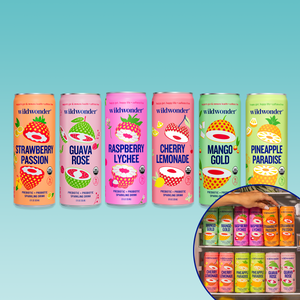 Shark Tank Bundle
Shark Tank Bundle
 Classic Variety Pack
Classic Variety Pack
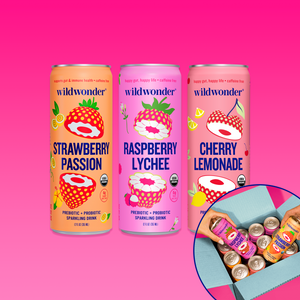 Very Berry Variety Pack
Very Berry Variety Pack
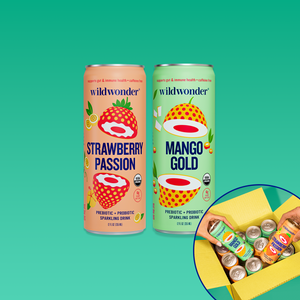 Rosa's Favorite Variety Pack
Rosa's Favorite Variety Pack
 Pink Pomelo Limeade
Pink Pomelo Limeade
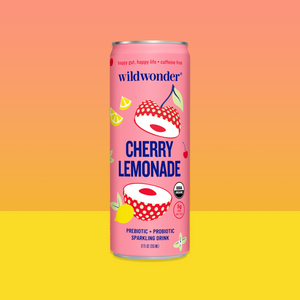 Cherry Lemonade
Cherry Lemonade
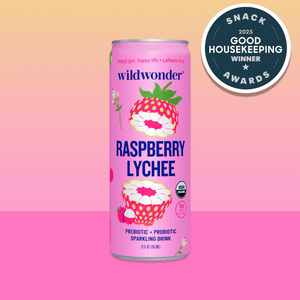 Raspberry Lychee
Raspberry Lychee
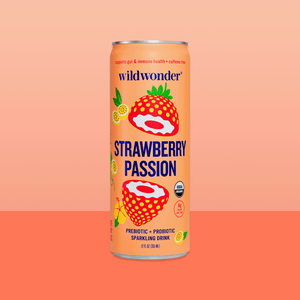 Strawberry Passion
Strawberry Passion
 Pineapple Paradise
Pineapple Paradise
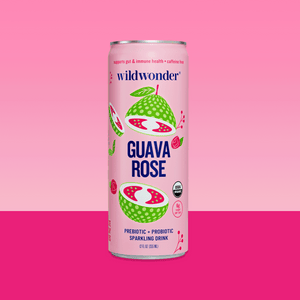 Guava Rose
Guava Rose
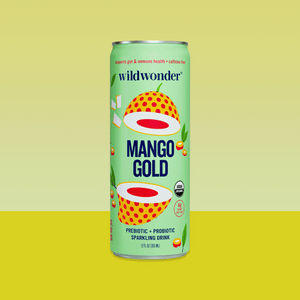 Mango Gold
Mango Gold
 WILD MAHJONG TILES
WILD MAHJONG TILES
 Blog
Blog
 Our story
Our story
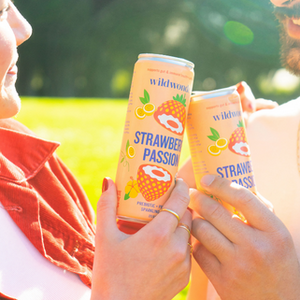 Impact
Impact
